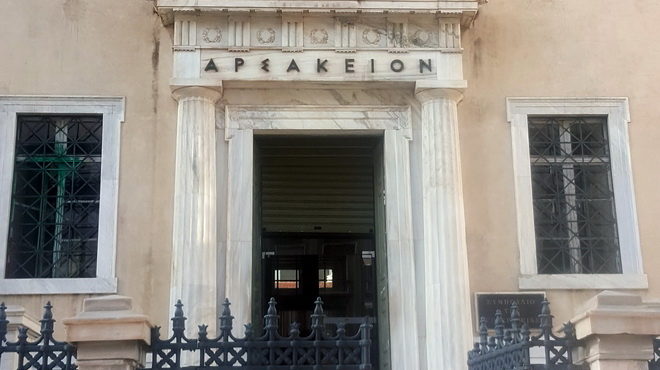News
Greek Government in court for introducing unconstitutional second instance asylum committees

Today the Greek Council of State is hearing a complaint of crucial importance for the implementation of the EU-Turkey deal. The complaint is raised against the Greek government for replacing the Asylum Appeals Committees with the new »Independent Appeals Committees«.
Refugee rights lawyers believe this was an illegal political intervention by the Government in order to protect and promote a policy related to the implementation of the EU-Turkey statement.
In this context two Syrian refugees contest the decision of the new Independent Appeals Committee which deemed Turkey to be a safe third country for them. This would mean that both protection seekers could be deported back to Turkey. The applicants are now seeking to have these decisions annulled.
The result of the hearing could have far reaching implications for all protection seekers who arrived in Greece after the EU-Turkey Deal entered into force on 20 March 2016. Since then newly arrived persons in Greece are subjected to an admissibility procedure before being able to apply for asylum. The goal of this procedure is to determine whether the respective person would be safe in Turkey and therefore not admissibly for protection in Europe.
In May 2016 the Asylum Appeals Committees were established as the competent bodies for examining appeals against the inadmissibility decisions taken by the Greek Asylum Service in first instance. The Committees were constituted by three members. One person appointed by the National Committee for Human Rights (E.E.D.A.), one member assigned by the UNHCR and a third member appointed by the competent Ministry itself.
After the implementation of the EU-Turkey Agreement it became apparent that in most cases the second instance Committees did not consider Turkey a safe third country and did not deliver the decisions wanted by the Ministry and the EU. Following a period of recurrent efforts by the Minister for Migration and the EU Commission to influence the Asylum Appeals Committees, and two months after introducing the procedure the Committees were discontinued and the examination of admissibility instead assigned to new »Independent Appeals Committees«. These new committees no longer have members appointed by the E.E.D.A, but consist of two judges (current members of the Greek judiciary) and one member appointed by the UNHCR.
»managing legal issues by use of political priorities raises many questions about the future of the asylum system in Greece, the protection of human rights and the rule of law«
The National Committee for Human Rights and the Secretary General for Human Rights expressed concern and opposition to the Ministry’s initiative at the time. In a public letter denouncing the amendment, 18 former Committee members, appointed by E.E.D.A. and UNHCR warned that »managing legal issues by use of political priorities raises many questions about the future of the asylum system in Greece, the protection of human rights and the rule of law«.
Whether the introduction of the Independent Appeals Committees was in accordance with the Greek Constitution and whether their decisions to enable deportation to Turkey will hold or not, will be crucial for the protection of refugees in Europe and the continuation of the dirty EU-Turkey Deal.